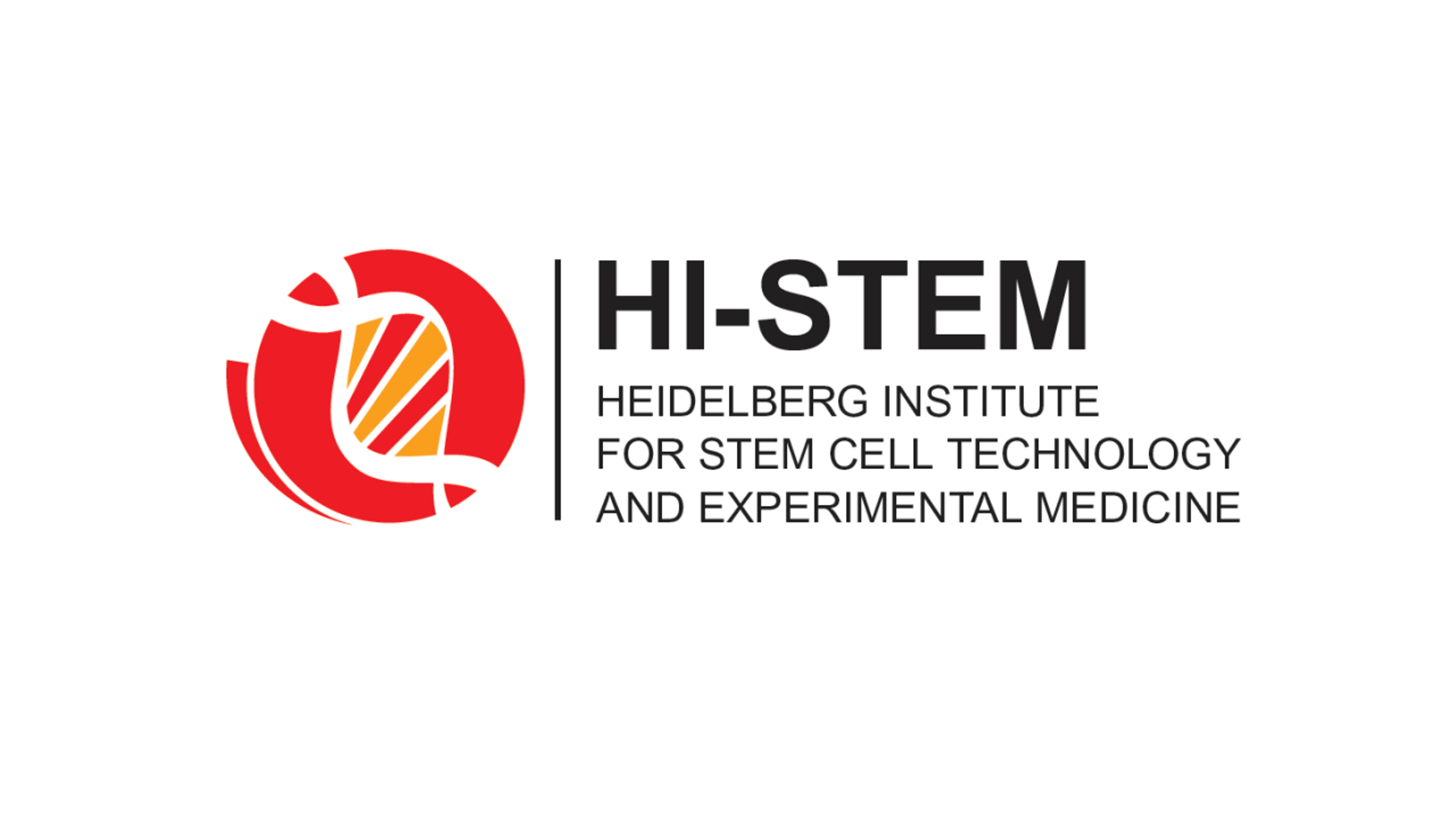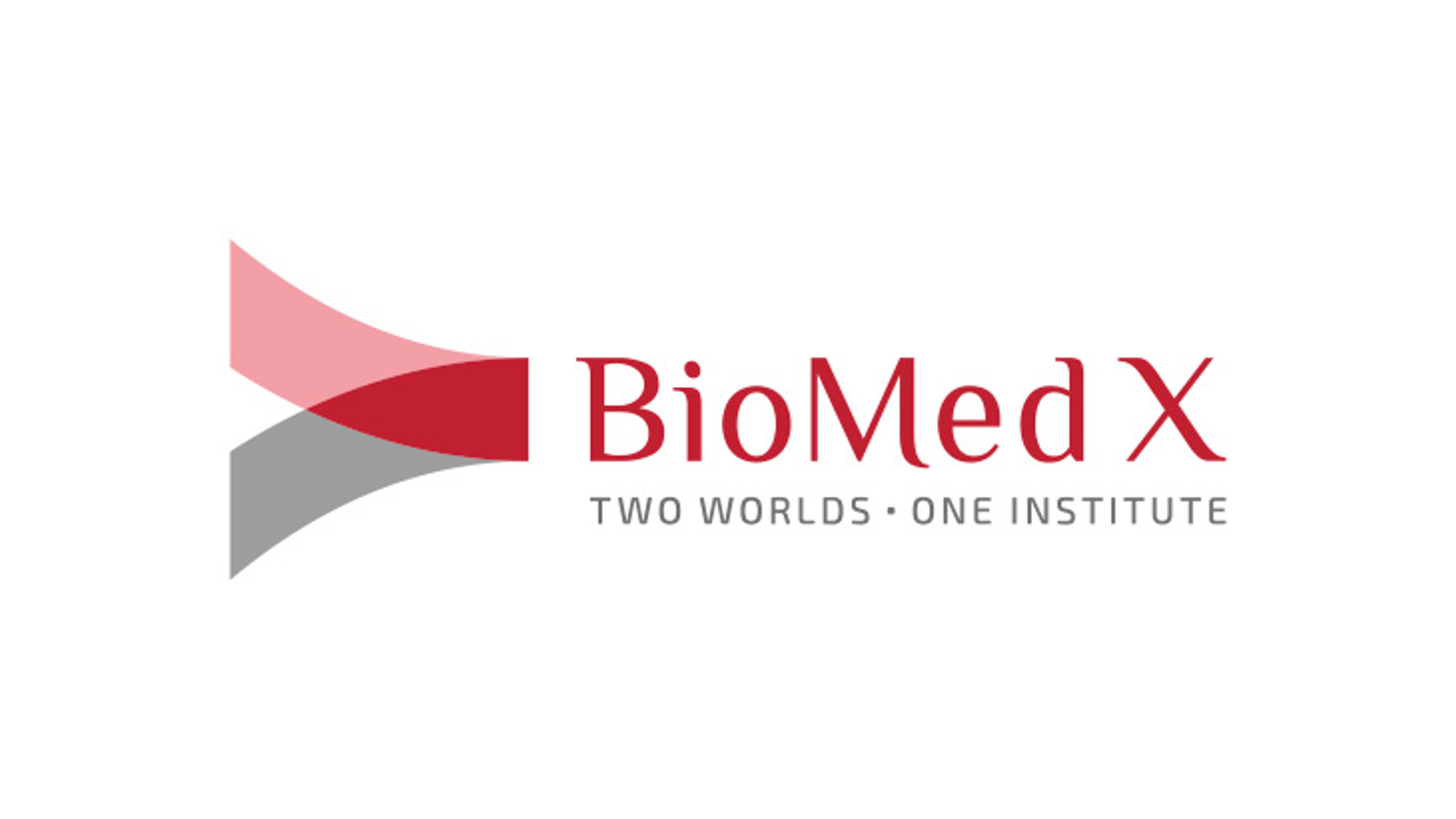Frequent blood donations promote the regeneration of blood cells through genetic adaptation

Donating blood saves lives – but what long-term effects does this practice have on our bodies? Researchers from the German Cancer Research Center (DKFZ), the HI-STEM stem cell institute* and the German Red Cross Blood Donor Service, among others, have now discovered that frequent blood donations cause genetic adaptations in blood stem cells that promote the regeneration of blood cells.
Blood stem cells are true multi-talents: they renew our blood and ensure that we are always supplied with new red and white blood cells. Over the course of a lifetime, genetic changes accumulate in individual stem cells. Mutant stem cells can then grow into larger cell clones, whose cells all carry the same mutation and which may be present for life. This phenomenon is known as “clonal hematopoiesis” and is observed in more than ten percent of people over 60 and in more than half of people over 80. With age, an evolutionary process can cause certain genetic changes to become more prevalent in stem cells, leading to clones of varying sizes. Some mutations not only increase the risk of blood cancer, but are also associated with an increased risk of heart attack, stroke, as well as lung and liver disease
An international research team from the DKFZ, HI-STEM, the Francis Crick Institute in London and the German Red Cross Blood Donor Service wanted to find out whether frequent blood donation affects the frequency or type of mutations that lead to clonal hematopoiesis. To characterize the spectrum of DNA alterations, the researchers sequenced the genomes of blood cells from a total of 429 donors. They compared donors who had given blood over a hundred times with people of the same age who had donated less than ten times.
The analysis showed that clones with certain genetic changes prevail, especially in frequent donors. It is a group of special mutations in the DNMT3A gene. DNMT3A is crucially involved in the epigenetic program of the cell and, through its influence on gene activity, ensures that cells can adapt to changing conditions.
In a situation in which the body needs to replace lost blood as quickly as possible, the mutated cells have an advantage. Under the influence of the hormone erythropoietin (EPO), which is released in greater quantities after blood loss and therefore also after a blood donation, cells with these DNMT3A mutations can assert themselves against other stem cells and accumulate. “It’s as if the body adapts to the challenge and favors certain gene variants that allow it to better deal with the stress after blood donation and replace the lost blood cells more quickly,” explains Darja Karpova (HI-STEM and DRK Blood Donation Service BaWü Hessen), the first author of the study.
Does this pose a risk to blood donors? The researchers give the all-clear. These particular mutations do not appear to disrupt the balance of normal blood formation, but merely improve the process of EPO-driven blood renewal after blood loss. In contrast to other known mutations in blood cells, there is no evidence that these changes increase the risk of leukemia or other diseases associated with clonal hematopoiesis.
“Frequent blood donations and the resulting stimulation of erythropoietin production play a central role in clonal evolution, which is driven by the stress of blood loss. This allows us to observe in real time how our body cells continuously adapt genetically to stressors,” summarizes Andreas Trumpp (DKFZ and HI-STEM), one of the study leaders, adding: ”Blood donations save lives – and even at the deepest molecular level, we see no evidence of an increased risk for donors. Our result now confirms decades of clinical observation with molecular data.”
Karpova D., Huerga Encabo H., Donato E., Calderazzo S., Scherer M, Llorian-Sopena M., Leppa AM., Wurth, R., Stelmach P., Papazoglou D., Ferrelli A., Ngo S., Kotova I, Harenkamp S., Zimmer K., Wolf, D., Panten J., Reed J., Przybylla A., Tonn, T., Kopp-Schneider A., Velten L., DiPersio JF., Wong TN., Bonnet D., Bonig H., Trumpp A. Clonal Hematopoiesis Landscape in Frequent Blood Donors
Blood 2025, DOI: 10.1182/blood.2024027999
*The Heidelberg Institute for Stem Cell Research and Experimental Medicine (HI-STEM) gGmbH was founded in 2008 as a public-private partnership between the DKFZ and the Dietmar Hopp Foundation.




